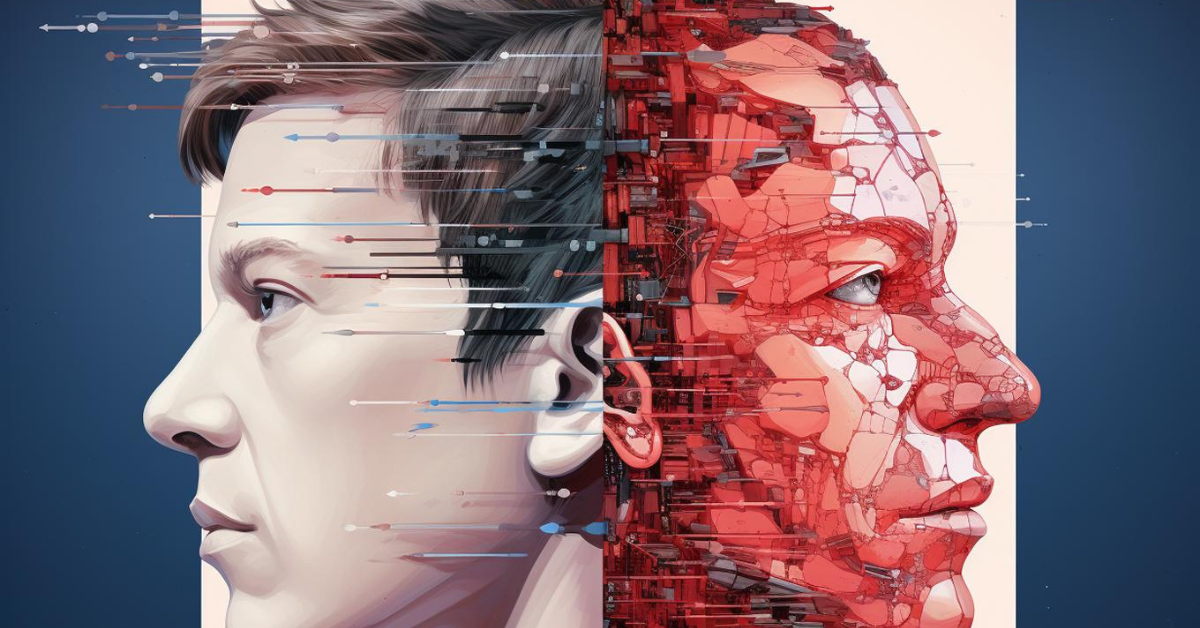The commission also warned parties against misuse of AI-based tools to “create deepfakes that distort information or propagate misinformation”
The mandates were part of ECI’s latest directions to political parties to use social media platforms ethically and responsibly
In the past one month, multiple deepfakes purportedly featuring leaders such as Union Home Minister Amit Shah and Congress leader Rahul Gandhi have surfaced online
Amid the ongoing debate around deepfake-fuelled misinformation, the Election Commission of India (ECI) has directed political parties to remove “fake content” from their social media platforms within three hours of such content coming to their notice.
In an advisory issued on Monday (May 6), the commission also warned political parties against misuse of AI-based tools to “create deepfakes that distort information or propagate misinformation”.
The ECI directed political parties to “warn the person responsible in their party” for generating such synthetic content. The nodal election body also called on them to flag and report unlawful information and fake user accounts to respective social media platforms.
“The parties have been directed to promptly remove any such content within three hours of bringing it to their notice, warn the person responsible in their party, reporting unlawful information and fake user accounts to respective platforms, and escalate persistent issues to the grievance appellate committee (under new IT Rules, 2021)…,” said the statement.
The mandates were part of ECI’s latest directions to political parties to use their social media platforms ethically and responsibly and to ensure a level playing field for all stakeholders in the ongoing General Elections.
Citing certain violations of the model code of conduct (MCC), the ECI also said that it brought to notice “existing legal provisions that govern the regulatory framework against the use of misinformation and impersonation using deep fakes” to political parties.
The advisory reiterated that violations related to deepfakes would come under the ambit of the Information Technology Act, 2000, the new IT Rules, 2021, the Representation of People Act, 1950 and 1951 and the provisions of MCC.
“In view of the existing legal provisions, amongst other directions, the parties have been specifically directed to refrain from publishing and circulating deep fake audios/videos, disseminate any misinformation or information which is patently false, untrue or misleading in nature…,” added the statement.
This comes close on the heels of multiple deepfakes featuring leaders such as Union Home Minister Amit Shah and Congress leader Rahul Gandhi making the rounds online. Last month, synthetic videos also surfaced online that depicted actors Ranveer Singh and Aamir Khan purportedly criticising Prime Minister Narendra Modi.
Eventually, the two videos were taken down and criminal complaints were lodged in the matter.
Last week, the ruling Bharatiya Janata Party (BJP) urged the ECI to address the “alarming rise” in the use of deepfake videos amid the ongoing general polls.
For the uninitiated, deepfakes videos are usually produced using a combination of encoder and decoder networks via generative adversarial networks (GAN). These networks analyse a piece of content and then extracts crucial features to generate new synthetic content that is doctored and manipulated.
This fake content has found its way into the mainstream and has been allegedly used to perpetrate financial scams and clone voices to extort money from victims. Last week, the cyber crime unit of the Tamil Nadu police issued an advisory to the general public against the use of GenAI by scamsters to trick victims.
Not just this, stock exchanges BSE and NSE, in separate statements recently, also warned the general public about fake videos depicting their respective CEOs.


